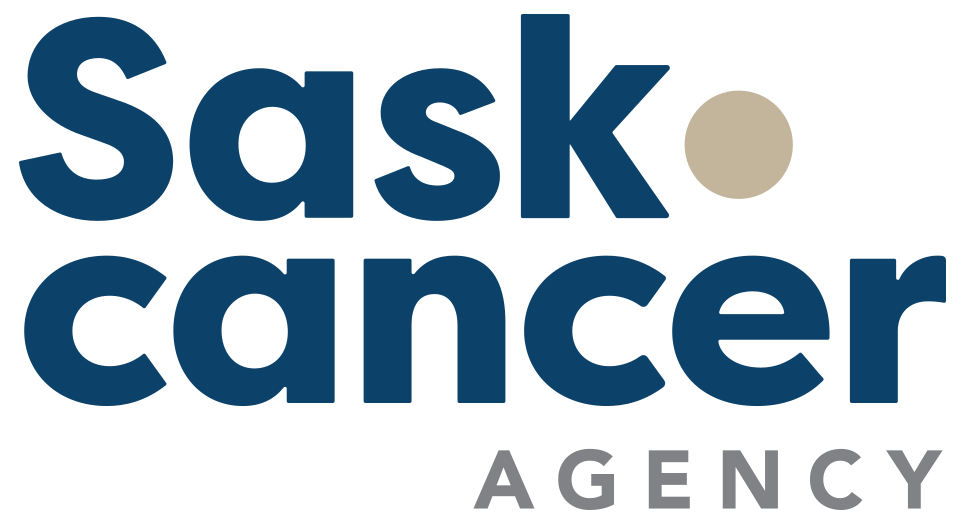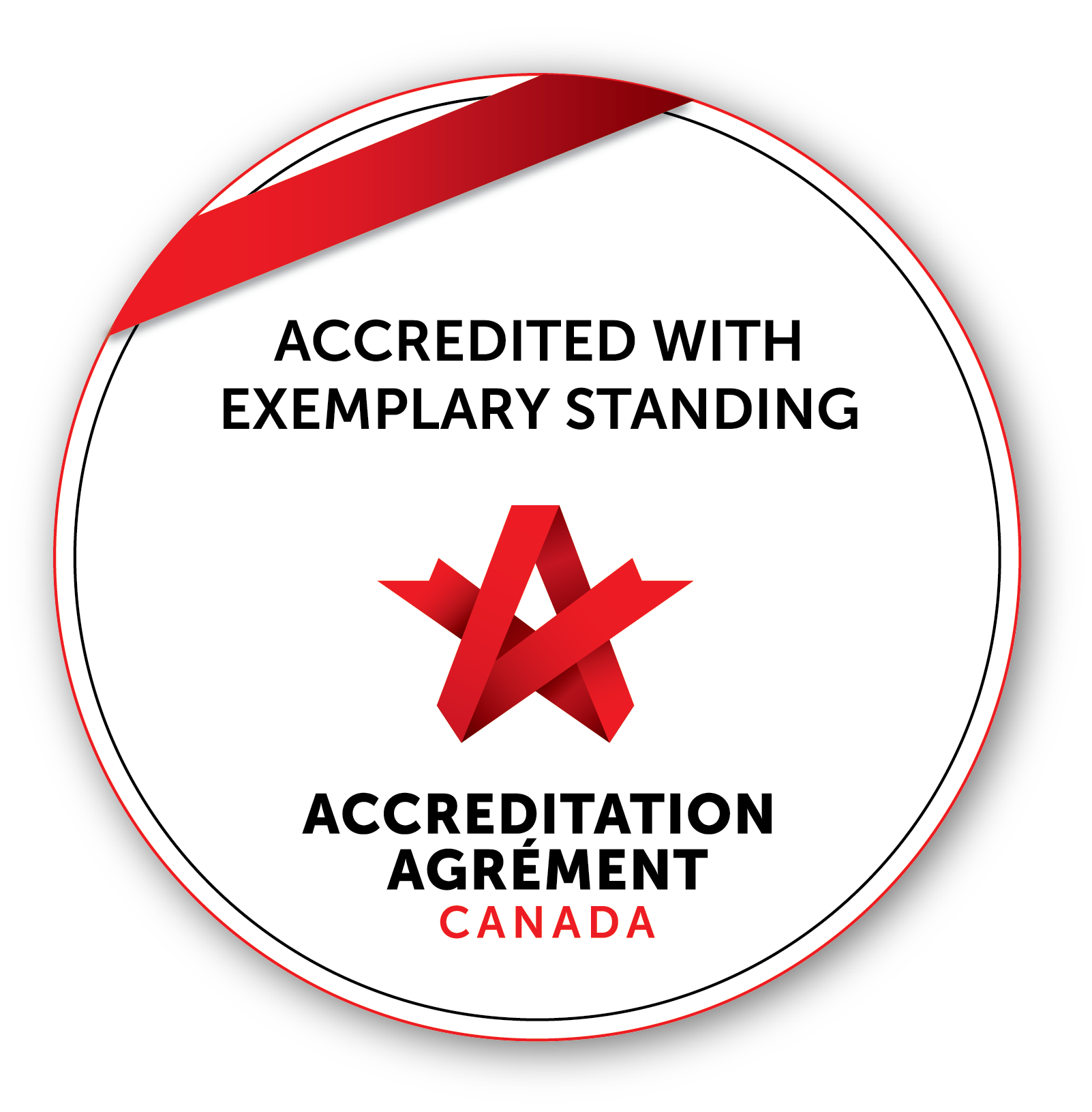Frequently Asked Questions
Who pays for cancer drugs in Saskatchewan?
The Cancer Agency through funding from the government of Saskatchewan pays for all approved cancer drugs for patients with a valid health card and registered with the Cancer Agency. This includes drugs administered by injection or oral cancer treatments taken at home.
Who pays for cancer drugs if I receive treatment outside of Saskatchewan?
Reimbursement for the cost of ‘take home’ drugs provided to Saskatchewan cancer patients receiving cancer care in another province or territory will follow the Drug Formulary. Use of drugs not on the Drug Formulary or for a non-approved indication will not be funded by the Cancer Agency and will not be reimbursed, nor provided to a cancer outreach facility. In order for reimbursement of ‘take home’ drug costs to an out of province health organization or to the patient, the Cancer Agency requires patient registration and current clinical progress information regarding the treatment plan and outcome. Cancer drug treatments administered by a health organization (hospital or cancer treatment centre) are generally billed to the Province of Saskatchewan through interprovincial billing agreements.
More information on out-of-province medical coverage can be found at www.saskatchewan.ca/residents/health/prescription-drug-plans-and-health-coverage/health-benefits-coverage/out-of-province-and-out-of-canada-coverage.
Who pays for cancer drugs if I receive treatment outside of Canada?
Coverage for out-of-country cancer treatment is only considered in exceptional circumstances and under certain conditions, and the referring specialist physician must request and receive prior approval from the Cancer Agency and Medical Services Branch of the Ministry of Health prior to seeking treatment outside of Canada. Patients who elect to seek treatment or alternative opinions outside of Canada on their own will not be eligible for reimbursement of out-of-pocket drug expenses. Cancer treatment drugs recommended by specialists outside of Canada can only be considered if the recommended treatment is currently funded by the Cancer Agency according to the criteria listed in the Drug Formulary and prescribed by an authorized Cancer Agency physician.
More information on out-of-country medical coverage can be found at www.saskatchewan.ca/residents/health/prescription-drug-plans-and-health-coverage/health-benefits-coverage/out-of-province-and-out-of-canada-coverage.
Who determines what drugs will be approved and how?
The Saskatchewan Cancer Agency Pharmacy and Therapeutics (P&T) Committee, with membership from medical, pharmacy and nursing departments, along with executive leadership, governs all policies of drug use within the Cancer Agency and is responsible for making recommendations for listing of all cancer drug programs on the Cancer Agency Drug Formulary. The P&T Committee aligns with the pan-Canadian Oncology Drug Review (pCODR) program and accepts their comprehensive reviews and recommendations for provincial reimbursement for new oncology drugs and indications. Funding for cancer drugs is provided by the Ministry of Health.
What drugs are on the formulary?
A link to the list of approved drugs and their use is posted here.
Why are some drugs covered in other provinces but not in Saskatchewan?
In Canada, health care funding largely falls under provincial jurisdiction. Each province makes its own decision about which drugs it will fund based on its priorities and means.
Why are some drugs not covered in Saskatchewan even though they have been approved by Health Canada?
Health Canada and the province approve different aspects of a drug. Health Canada approval (called Notice of Compliance) does not automatically mean a drug will be paid for by a provincial funding program. Health Canada evaluates a product's safety and efficacy, and approves drugs for sale and marketing in Canada. However, Health Canada does not consider the relative clinical benefits and cost effectiveness of a drug in comparison with other drugs that already are available and funded.
To assist in providing a more consistent standard of therapy across Canada, a national oncology drug review process has been established which provides all provinces (except Quebec) with common, national recommendations on the clinical and cost-effectiveness of new cancer drugs. Each province then considers the budget impact of funding a drug along with its medical benefits and costs in comparison to other funded drugs and medical need.
What are the reasons a new drug might not be approved for funding?
The decision about whether to fund cancer drugs is based on the degree of medical benefit each provides, weighed against overall cost. The drug review process is in place to ensure that drug funding decisions are made responsibly and equitably. And that decision is based on the best available evidence on a drug's medical benefit and cost effectiveness.
Can drugs be funded on an exceptional case-by-case basis?
The Agency considers funding drugs on an exceptional basis for patients who are clinically unable to receive what is considered our standard treatment approach. Upon receipt of a request to fund a drug on an exceptional basis from a physician, the application is reviewed by representatives of the Agency’s Pharmacy and Therapeutics Committee who approve or deny the application based on the clinical merits of the case, medical evidence, precedence, the budget and resource impact, and whether the drug is approved by Health Canada for the specific purpose requested. A final decision on whether the case is approved or denied for funding is made by a medical director.
If the initial request is denied, there is a process for the requesting physician to appeal the decision if new evidence is available or there was additional information about the case that was not considered. This process may involve numerous individuals of the healthcare team as deemed appropriate. The final decision for any appeal is made by representatives of the executive leadership team and medical directors.
What determines whether the decision to fund the drug on an exceptional basis is a yes or no?
The decision is based on the individual patient case along with the strength of the clinical evidence to support a positive patient outcome in the particular case.
Requests for drugs and/or clinical indications which represent major changes in the funded standard of care, are under review by pCODR or had a negative recommendation by pCODR, or are under price negotiation through the pan-Canadian Pharmaceutical Alliance (pCPA) are not considered on an exceptional basis.
Under what circumstances would you refuse to fund a drug on an exceptional basis?
The care of patients is our utmost priority. However, in cases where there is insufficient clinical or published evidence for benefit and the treatment may be considered experimental, or if approval of the request sets precedent for subsequent approvals in similar circumstances that financially could not be accommodated within existing budgets and resources, the request may be denied. All decisions are considered within the context of whether they could be applied equally to all other cancer patients in the province in similar circumstances.
Learn More |


